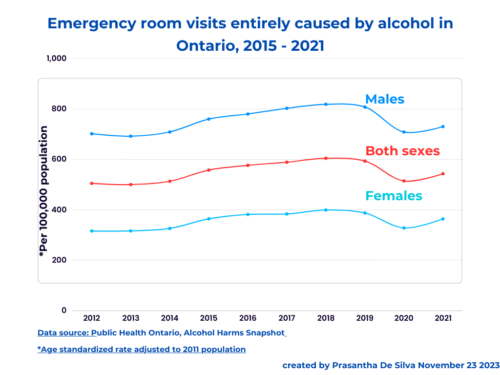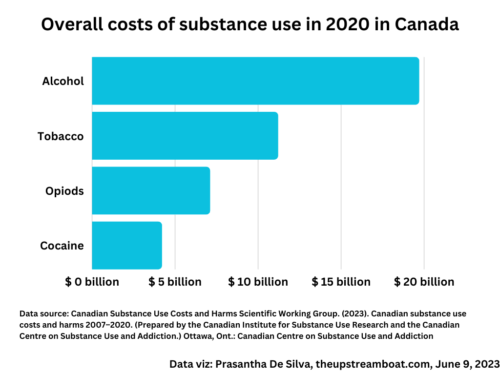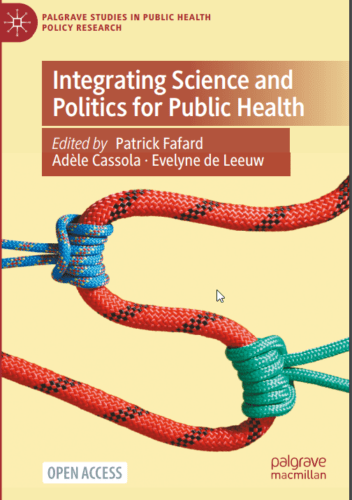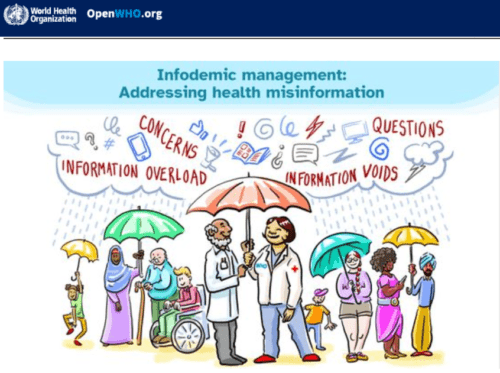Tag: cognitive biases
Nudge with the opt-out default option
Think of a situation where you are automatically enrolled for organ donation when you obtain your vehicle license; however, you have the option to “opt-out”. This is a classic “opt-out” default option. Here, you are being nudged for organ donation. Its counterpart option is “opt-in”. In that situation, the default is that you are not in the program; you have to ask for it to enter into the organ donation program. “The opt-out default option makes life easy.” This seemingly simple change in the “choice architecture” has made a huge impact on behaviour change without any cost for its implementation….
Related Articles
False consensus effect: We overestimate sometimes
We overestimate, sometimes. We assume more people agree with what we agree upon. But, often, that is not the reality. We might be in ” false consensus”. We overestimate. The subject experts call it the ” false consensus effect” It is a strong cognitive bias. This effect came to light with Ross et al’s research conducted with Stanford University students in 1976. Ross et al. study series: 1976 Ross and his team asked a group of students whether they agreed to walk 30 minutes around the campus wearing a signboard displaying “eat at Joe’s”. They also asked another question from…
Related Articles
Prospect theory: How do we make choices?
Updated on March 25, 2023 We are not rational when we make choices under risk and uncertainty. This is because we prefer certainty. We do not want to live in uncertainty. Look at the following scenarios; The following examples appear in Daniel Kahneman and Amos Tversky’s 1979 paper on prospect theory. Their data were from the responses to hypothetical scenarios presented to Israeli university students. Scenario 1: Certainty effect with a monetary outcome gain Consider that you are given the following two options; Option A: A guaranteed win of 2500 in cash. Option B: 33% chance of winning 2500 in…









